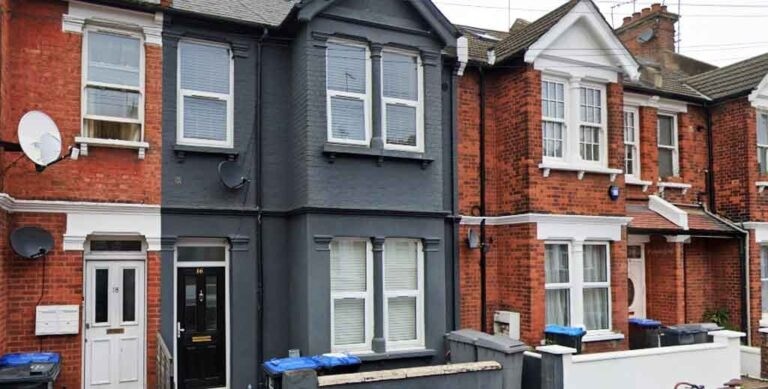Converting a three or four-bedroom house into a six-bed house in multiple occupation (HMO) costs an average of £68,067, research from Excellion Capital found.
The average price to buy a three or four-bed property in England stood at £444,273, bringing total upfront investment including conversion to £512,340.
The average HMO in England generated £711 per room in monthly rent, totalling £4,269 for a six-bed property.
This put the average gross yield at 10%, higher than the usual rental yield of 5 to 6% in England.
Yields were higher in some regions, with the North East leading at 12.5%, followed by the North West at 11.5% and Yorkshire & Humber at 11%.
London had the lowest yield at 6.6%, while the South East returned 8.1%.
In Manchester, the average yield reached 12.2% with an average resale price of £329,163 and rental income of £4,050.
Newcastle averaged 11.9% and Birmingham 10.6%.
Excellion Capital noted that conversion costs depend on the property’s condition.
Cosmetic upgrades and bringing homes up to HMO health and safety standards cost less than major works like damp remediation or new kitchens and bathrooms.
Robert Sadler, vice president of real estate at Excellion Capital, said: “We are seeing a lot of property investors in the residential space turn their attention to the bustling HMO market, especially in the regions.
“Particularly outside of London and our other major cities, investors are snapping up relatively cheap three or four-bed terraced homes and converting them to six-bed HMOs with extraordinary results when it comes to returns and yields.
“HMOs, with a few exceptions, are very popular with lenders. Because the required conversion works tend to be relatively light, investors can usually fund both the acquisition and the works with a bridge loan.
“This is ideal as bridge loans complete much faster than development loans and require much less oversight by the lender.”
Sadler added: “Another advantage is that lenders provide very high leverage on HMO bridge loans (75% against the purchase price plus 100% of costs).
“This means that the upfront equity requirement for the investor can actually be quite low compared to other investments.
“It is important here to choose a lender that will measure the loan against the income producing value rather than the vacant value as this can make a big difference to the final loan amount.”
He said: “Once the conversion is complete, the investor can repay the loan with very favourable investment finance (best rates below 6% fixed).
“Finally, if the investor can buy portfolios of HMOs and get to a loan amount of £1m or above, they can usually obtain better pricing from lenders.
“Large portfolios of retained HMOs can create a lucrative long-term income for investors.”



